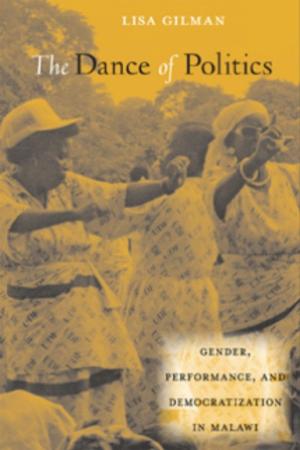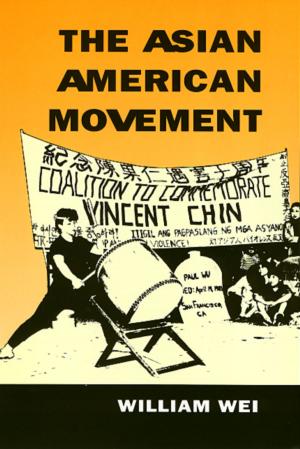Latino Lives in America
Making It Home
Nonfiction, Social & Cultural Studies, Social Science, Cultural Studies, Minority Studies, Ethnic Studies| Author: | John A. Garcia, Gary M. Segura, Michael Jones-Correa, Rodney Hero, Valerie Martinez-Ebers, Luis Ricardo Fraga | ISBN: | 9781439900505 |
| Publisher: | Temple University Press | Publication: | February 23, 2010 |
| Imprint: | Temple University Press | Language: | English |
| Author: | John A. Garcia, Gary M. Segura, Michael Jones-Correa, Rodney Hero, Valerie Martinez-Ebers, Luis Ricardo Fraga |
| ISBN: | 9781439900505 |
| Publisher: | Temple University Press |
| Publication: | February 23, 2010 |
| Imprint: | Temple University Press |
| Language: | English |
Latinos are the largest and fastest growing ethnic group in the United States, with increased levels of political mobilization and influence. In the timely and thoroughgoing Latino Lives in America*,* six prominent Latino scholars explore the profound implications of Latinos’ population growth and geographic dispersion for American politics and society, tracking key changes and continuities in Latinos' attitudes, behavior, and social experiences.
Utilizing a unique set of “narratives” from focus group interviews, supplemented with quantitative findings from the 2006 Latino National Survey, the authors provide a snapshot of Latino life in America. The Latinos interviewed provide their thoughts regarding their sense of belonging and group identification, assimilation and transnationalism, housing, education, civic engagement, and perceptions of discrimination, as well as their experiences in new destinations, where they are trying to realize the “Americano” dream.
Latino Lives in America uses these conversations and the survey data to offer both a micro and macro look at how Latinos are transforming various aspects of American politics, culture, and life and how their experiences in the United States are changing them and their families.
Latinos are the largest and fastest growing ethnic group in the United States, with increased levels of political mobilization and influence. In the timely and thoroughgoing Latino Lives in America*,* six prominent Latino scholars explore the profound implications of Latinos’ population growth and geographic dispersion for American politics and society, tracking key changes and continuities in Latinos' attitudes, behavior, and social experiences.
Utilizing a unique set of “narratives” from focus group interviews, supplemented with quantitative findings from the 2006 Latino National Survey, the authors provide a snapshot of Latino life in America. The Latinos interviewed provide their thoughts regarding their sense of belonging and group identification, assimilation and transnationalism, housing, education, civic engagement, and perceptions of discrimination, as well as their experiences in new destinations, where they are trying to realize the “Americano” dream.
Latino Lives in America uses these conversations and the survey data to offer both a micro and macro look at how Latinos are transforming various aspects of American politics, culture, and life and how their experiences in the United States are changing them and their families.















